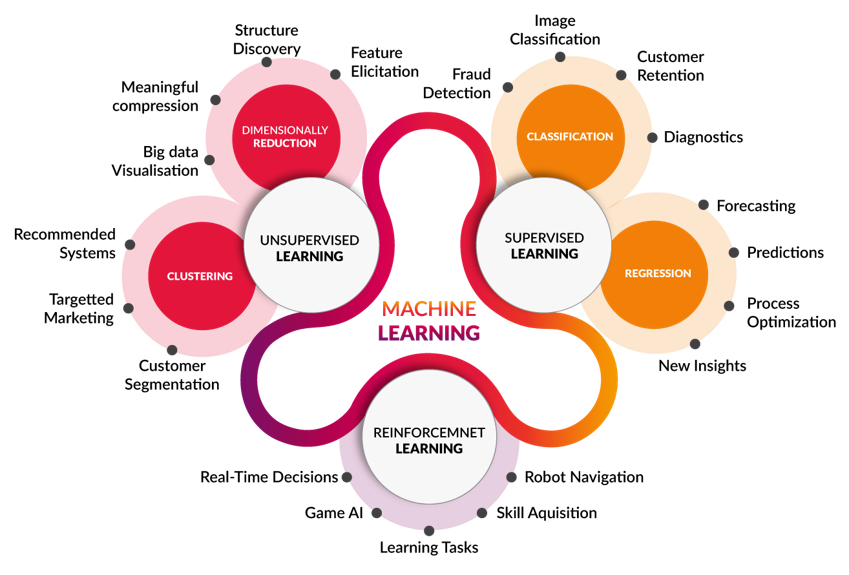
Workshop: ‘PredPsych’, a R based toolbox for machine learning in experimental psychology
Genoa – Tuesday 9th July, 2019
Recent years have seen an increased interest in machine learning based predictive methods for analysing quantitative behavioural data in experimental psychology.
PredPsych is a user-friendly, R toolbox based on machine learning predictive algorithms (click here to download the toolbox). In this workshop, it will be presented the framework of PredPsych via the analysis of recently published multiple-subject data sets. In addition, examples of possible research questions that can be addressed with the machine learning algorithms implemented in PredPsych will be discussed.
We anticipate that PredPsych will be of use to researchers not only in the field of psychology, but also in that of clinical neuroscience, enabling computational assessment of putative bio-behavioral markers useful for example, for prognosis and diagnosis.
Target audience
This workshop is meant for researchers interested in learning how to apply Machine learning alghoritms in practice, by means of a user-friendly R-based toolbox. The course material is appropriate for researchers with limited programming experience.
We advise you to bring your own laptop. At the beginning of the workshop, both R, R-studio and PredPsych toolbox will be installed.
Program
Theoretical and practical sessions will be held by:
Atesh Koul (Italian Institute of Technology) – developer of PredPsych and author of “PredPsych: A toolbox for predictive machine learning-based approach in experimental psychology research”
Luca Romeo (Università politecnica delle Marche and Italian Institute of Technology) – Expert of machine learning, artificial intelligence, affective computing and motion analysis
Andrea Cavallo (Università degli Studi di Torino and Italian Institute of Technology) – Author of “PredPsych: A toolbox for predictive machine learning-based approach in experimental psychology research”
9.30 – 10.00 – General introduction: why machine learning in Psychology?
10.00 – 13.00 – Research question I: Do my experimental conditions have discriminatory information? – Theory and Practice
13.00 – 14.15 – Break
14.15 – 15.45 – Research question II: Is the discriminatory information significant? – Theory and Practice
15.45 – 16.00 – Break
16.00 – 18.00 – Which features/variables can best discriminate between my conditions? – Theory and Practice
Venue
The workshop will be held at Casa Paganini, InfoMus Research Centre, Piazza di Santa Maria in Passione, 34 – Genoa (Italy).
Costs
The cost is € 80,00 for each participant. Registration closes on July 1st, 2019.
Due to the limited availability of seats, early registration is strongly recommended to ensure participation.
Please note that your registration is completed only after the registration form and payment are received.